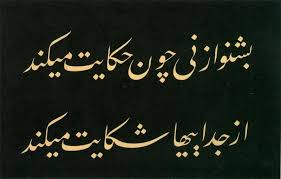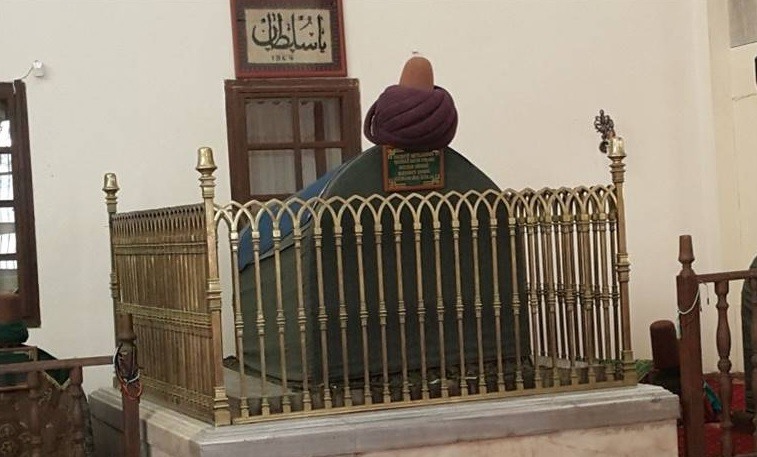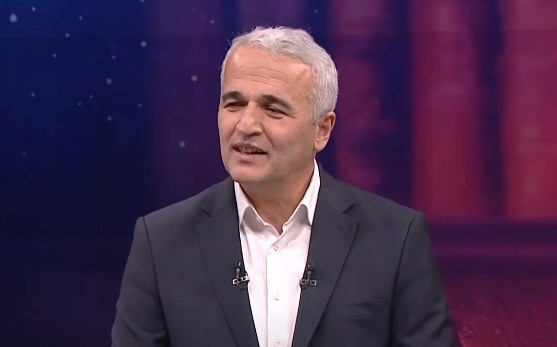SOME POPULAR PIECES OF FALSE KNOWLEDGE REGARDING RUMI AND HIS WORKS
SOME POPULAR PIECES OF FALSE KNOWLEDGE REGARDING RUMI AND HIS WORKS
Ekrem Sakar
What are the pros and cons of being popular? According to me, it depends on number of people and quality of community. When a person or his work becomes famous, at the same speed of fame spreads, plenty of correct and false knowledge start circulating. As a sufi, scholar or poet regarding Rumi and notedly corcerning one of his famous work called Mathnawi, besides the historical facts, many wrong information have been repeating among societies around the world. I would like to touch upon several several false and widespread knowledge respecting Rumi in this article.
Information propagation in online social communities are utterly not auditable in the information age. Hence, principally on social platforms, people can be easily manupilated by deceptive datas which created anonymously. There are innumerable quotes and aphorisms of Rumi. However most of them are not substantially belong to Rumi. In fact, not knowing from which chapter and verse of his book, we can not be sure about authenticity of the saying. For instance, the quote “Come, come, whoever you are. Wanderer, worshiper, lover of leaving. It doesn’t matter. Ours is not a caravan of despair. come, even if you have broken your vows a thousand times. Come, yet again , come , come” has been mentioned by different people that it was said by Efdaluddin Kashani or Abu Sa’id Abu’l-Khayr referring to one of the verses of Quran (az-Zumar 39/53). Furthermore the first word in the beginnig of quote is (بازآ) does not mean “come”; it means “return” or “come back”. On account of changing translation, meaning of the quote changes as well and we can understand instead of inviting someone to the right path, advising someone to repent of his sins from this saying.
According to in various sources, Mawlawiyah was established after Rumi’s death in 1273 by his son Sultan Veled. Nevertheless, after Jalaluddin Rumi there were two postnishins (leader of order) Kareemeddin Bektemur and Husameddin Chelebi. If tariqah had not been established yet, what were they doing there? Moreover the title of “pir” (founder of an order) has been using for Rumi for ages; not for Sultan Veled. Unfortunately Rumi is wanted to be introduced as an independent sufi, who has nothing to do with tariqa; even though he had been a member of a sufi fraternity all his life, just like whirling dervishes is wanted to perceived as a mystical dance performance, although it is a type of worship.
Populism does not only affect Rumi himself, but only his friends, his derwishes, his sufi order and his works. As an example of Rumi marketing, The Forty Rules of Love, a novel written in 2009, written by Turkish writer Elif Shafak, despite containing some oddity and anachronism; has been sold in different countries. First of all, sufi love was limited by rules in the title; but love is lived on condition that leaving mind by willpower. In the same novel, first Rumi (p. 19) was mentioned as a founder of sufi whirling, then Shams (p. 207). Protagonist Shams Tabrizi drinks wine, looks at prostitues and has some erotical thoughts in his mind (p. 245), touches Kimya Hatun without marriage (p. 141) etc…
As a result, Rumi is a faqih (an expert in Islamic law), a member of a sufi fraternity, a unique lover and a scholar poet. To understand him, his books should be read and not to be believed everything to be heard about him.








